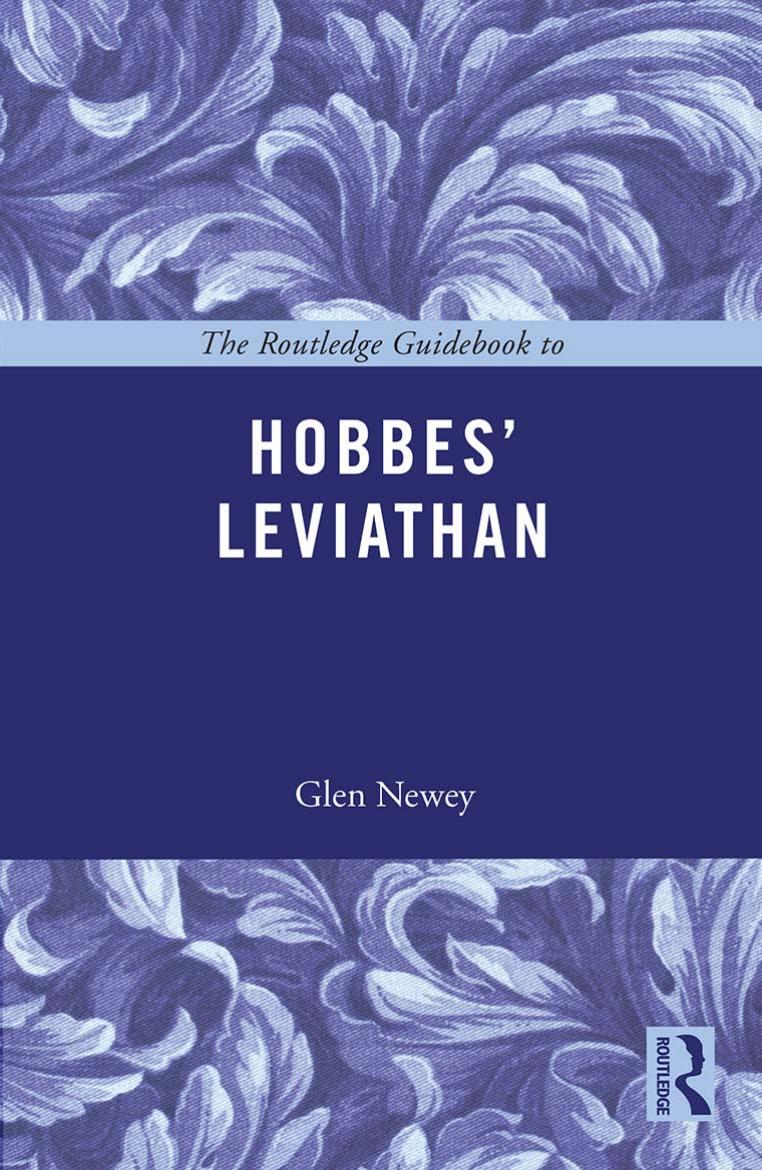The Routledge Guidebook to Hobbes' Leviathan by Glen Newey

Author:Glen Newey
Language: eng
Format: epub, pdf
Publisher: Taylor and Francis
Real Politics?
What room does the theory of sovereignty, and indeed Leviathan as a whole, leave for politics? On the face of it, Hobbes has rubbed out politics as we know it in liberal democratic states in its entirety. The sovereign, whether it is a monarch or an assembly, wields absolute power. There is no scope for dissent, let alone organised political dispute. Religion is dictated by the sovereign, as is the content of the law. Nor is there meant to be room for disputes over tax-raising – a long-running bone of contention between Parliament and Charles I. And there would seem to be little space for the notion of a ‘loyal opposition’ – that is, a party or group that, though opposed to the government, nevertheless upholds the national interest, rather than being a ‘fifth column’ or ‘enemy within’.
However, the picture is slightly more complex than this. It is true that Hobbes does not envisage party competition as we know it in multiparty democracies. But such a model is to some extent anachronistic anyway, since in Hobbes’ day politics was not organised along formal party lines. Even so, politics, as a working-through of the colliding interests of different individuals and groups who hold distinct and often conflicting schemes for public policy, was a fact. And, although as we have seen Hobbes concentrates sovereignty in a single assembly or individual, this still leaves room for debate over policy.
He is certainly hostile to ‘leagues’ (i.e. associations or coalitions) of subjects, regarding them as a danger to the commonwealth (L 164). But at an informal level, at least, Hobbes is prepared to allow for some forms of political activity. An important test case concerns freedom of assembly: if individuals are denied the liberty to assemble to debate questions of policy, politics itself barely exists as part of public life. But Hobbes’ stance on freedom of assembly is fairly permissive: ‘[i]f the occasion be lawful and manifest, the concourse [meeting] is lawful’ (L 164). He is mindful of the threat posed to public order by large gatherings of people. But he still allows that ‘[i]t may be lawful for a thousand men to join in a petition to be delivered to a judge or magistrate’ (L 165).
Leviathan contains a good deal of discussion of political issues, most obviously religious politics. Hobbes also provides, for instance, numerous passages on taxation (e.g. L 167, 173, 238–39). Hobbes has his own controversial views on fiscal policy: taxes should be levied at equal rates on all, because everyone equally enjoys the benefits of life under the commonwealth (L 238). He also discusses the distribution of wealth, especially land, in chapter 24, arguing that no subject has a right to private property that may not be overridden by the sovereign. He rests his case on the claim that the public good takes precedence over private ownership.
So, contrary to some views (e.g. Macpherson 1962), Hobbes does not envisage a free-for-all in which the market goes more or less unchecked. In
Download
The Routledge Guidebook to Hobbes' Leviathan by Glen Newey.pdf
This site does not store any files on its server. We only index and link to content provided by other sites. Please contact the content providers to delete copyright contents if any and email us, we'll remove relevant links or contents immediately.
| Books & Reading | Comparative Literature |
| Criticism & Theory | Genres & Styles |
| Movements & Periods | Reference |
| Regional & Cultural | Women Authors |
4 3 2 1: A Novel by Paul Auster(11049)
The handmaid's tale by Margaret Atwood(6852)
Giovanni's Room by James Baldwin(5878)
Big Magic: Creative Living Beyond Fear by Elizabeth Gilbert(4723)
Asking the Right Questions: A Guide to Critical Thinking by M. Neil Browne & Stuart M. Keeley(4574)
On Writing A Memoir of the Craft by Stephen King(4213)
Ego Is the Enemy by Ryan Holiday(3991)
Ken Follett - World without end by Ken Follett(3972)
The Body: A Guide for Occupants by Bill Bryson(3801)
Bluets by Maggie Nelson(3710)
Adulting by Kelly Williams Brown(3670)
Guilty Pleasures by Laurell K Hamilton(3586)
Eat That Frog! by Brian Tracy(3514)
White Noise - A Novel by Don DeLillo(3435)
The Poetry of Pablo Neruda by Pablo Neruda(3367)
Alive: The Story of the Andes Survivors by Piers Paul Read(3310)
The Bookshop by Penelope Fitzgerald(3226)
The Book of Joy by Dalai Lama(3218)
Fingerprints of the Gods by Graham Hancock(3212)
